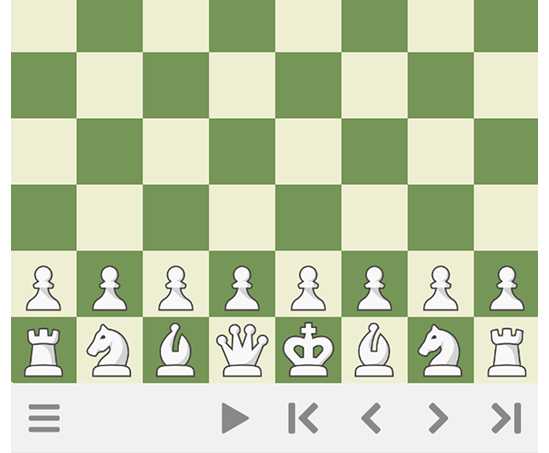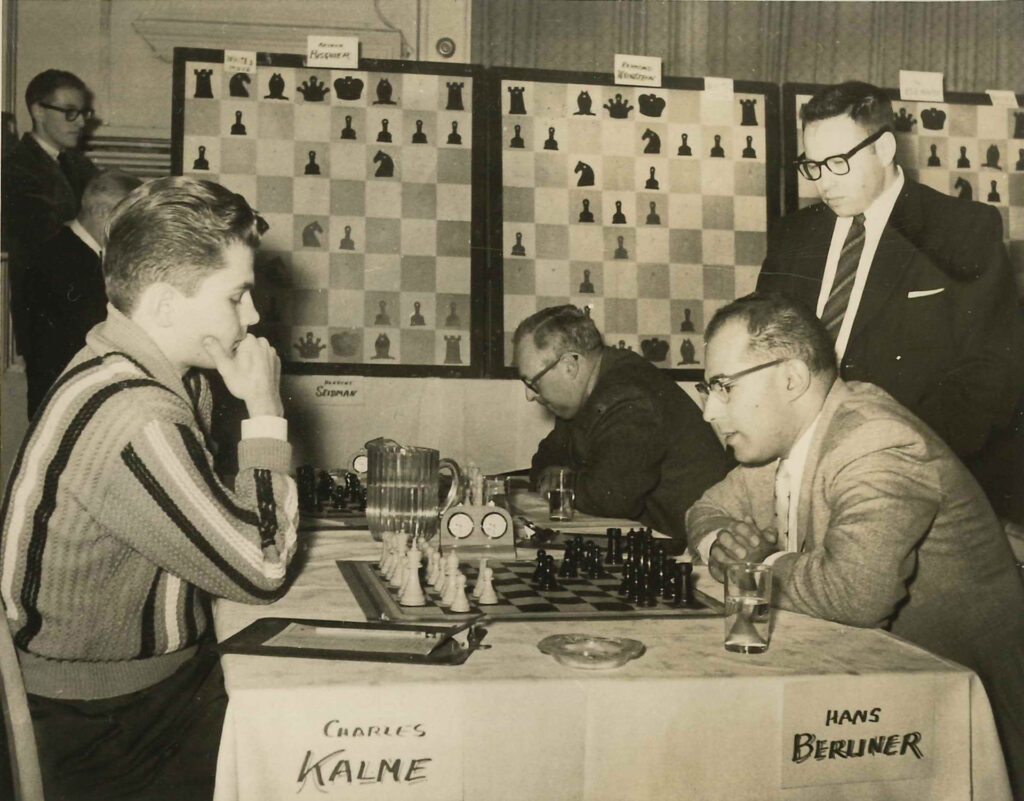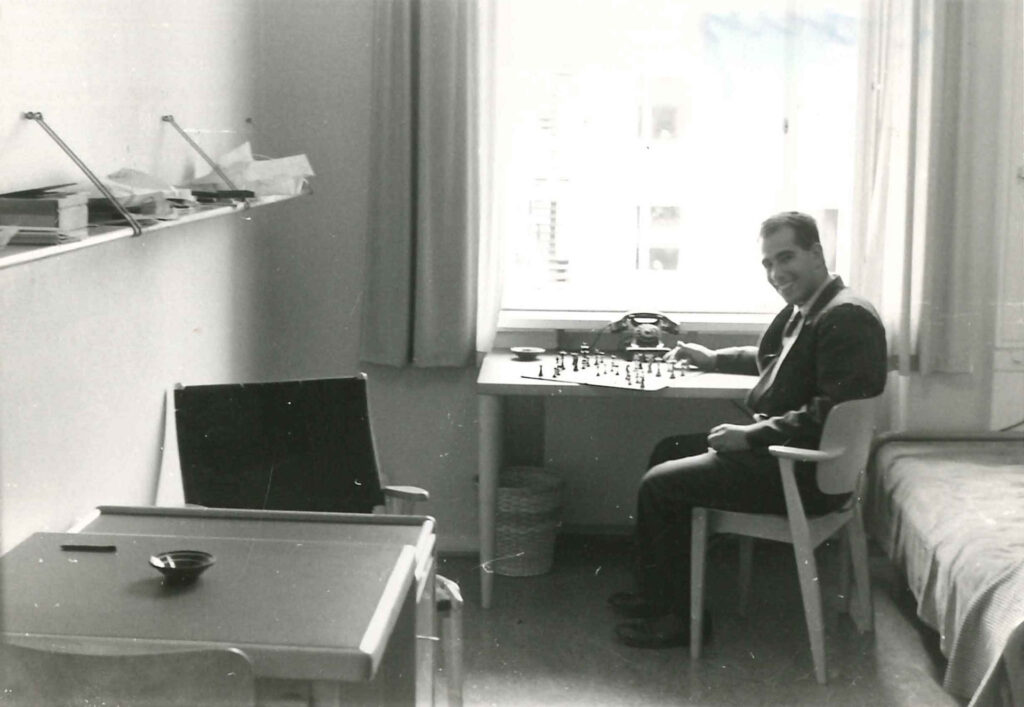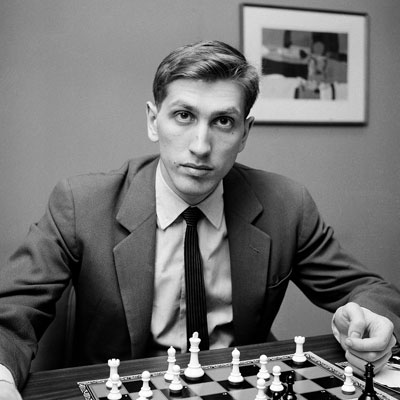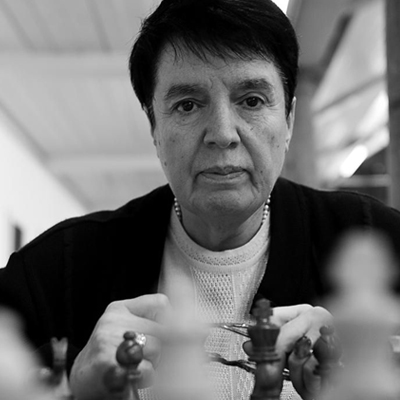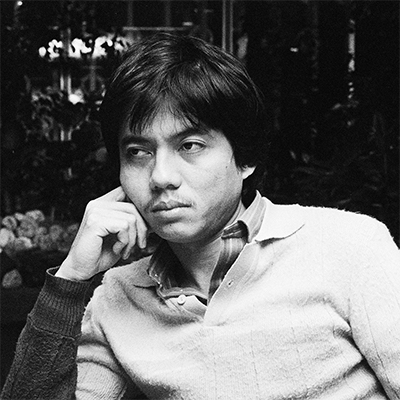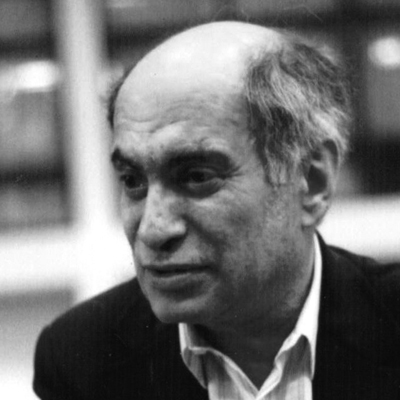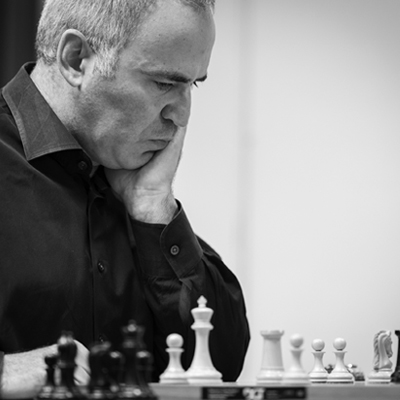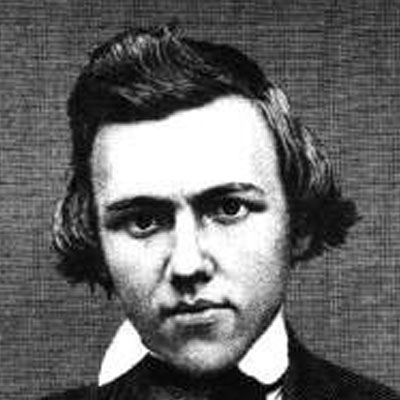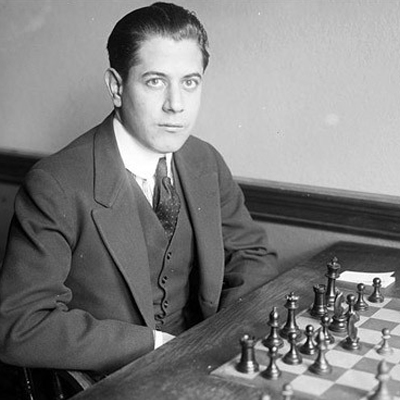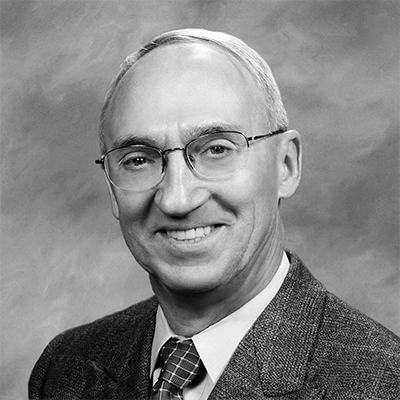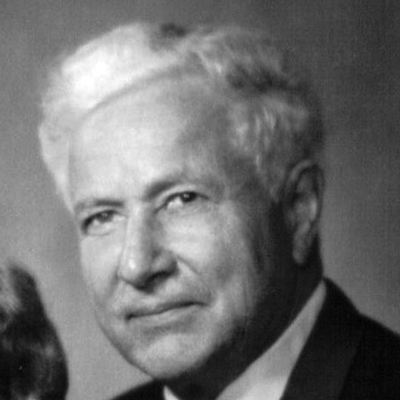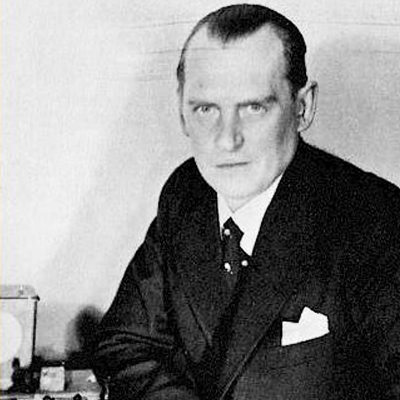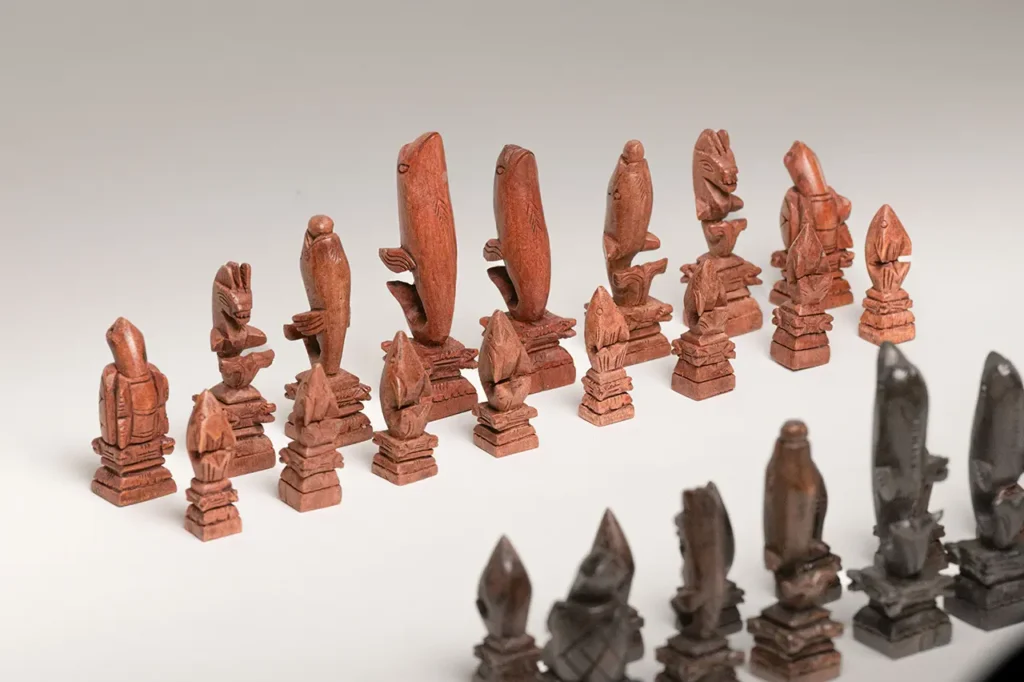
US Hall of Fame
Hans Berliner
Inducted 1990 1929 - 2017

United States of America
Biography
An international correspondence chess grandmaster, Hans Berliner was born in Germany but, fleeing Nazi persecution, immigrated with his family to Washington, D.C., as a child. After learning to play chess at age 13 and becoming a master in 1949, he went on to win a number of regional tournaments throughout the eastern United States. Berliner played on the American team in the 1952 Helsinki Chess Olympiad and was a four-time competitor in the U.S. Chess Championships, though he is perhaps best known for his skill in correspondence chess. Berliner won the 5th World Correspondence Chess Championship (1965-68) with a score of 12/14. At that tournament, he defeated Russian Correspondence Chess Grandmaster Yakov Estrin using the Two Knights Defense in what remains one of the most famous and influential correspondence chess games in history.
Berliner was also a trailblazer in the field of computer chess. In 1974, he received a Ph.D. in computer science from Carnegie Mellon University (CMU) in Pittsburgh. As a computer science professor at CMU, his research on computer chess attracted worldwide attention. In 1988, his Hitech computer program was the first to attain a master-level standard of performance, earning numerous honors and awards in the process. The program was also the first to defeat a grandmaster, fellow United States Chess Hall of Fame inductee Arnold Denker, and even competed in the 1988 U.S. Chess Open.
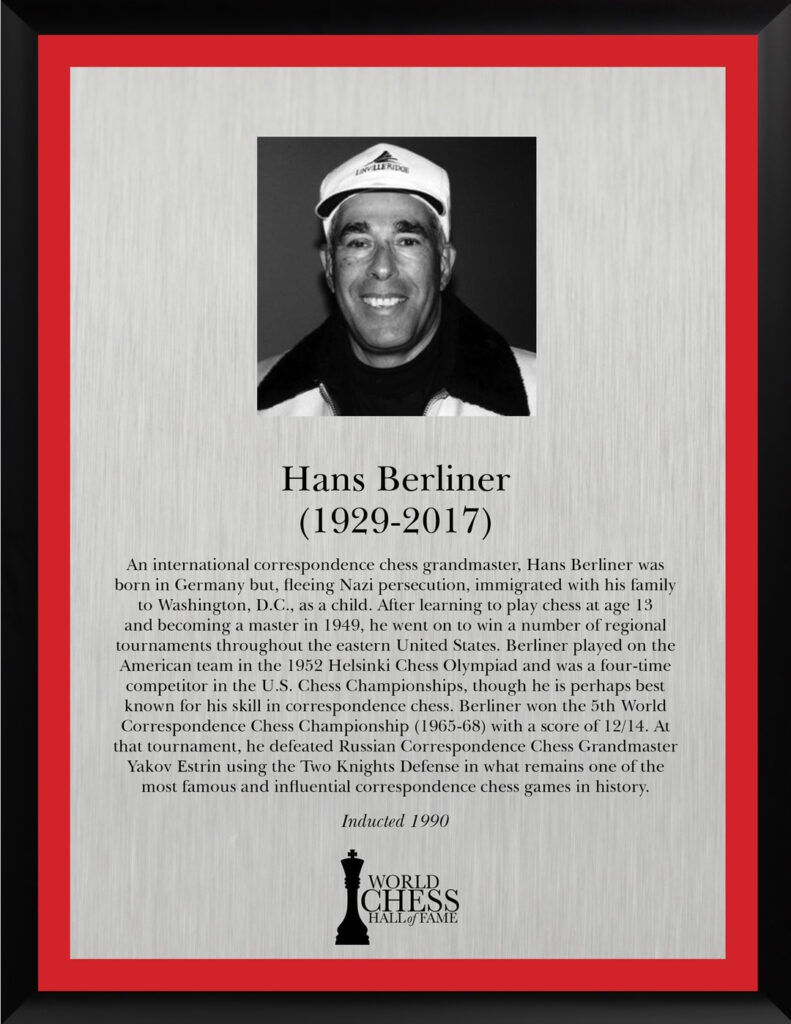
Notable Games
